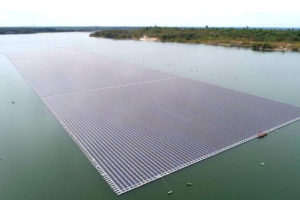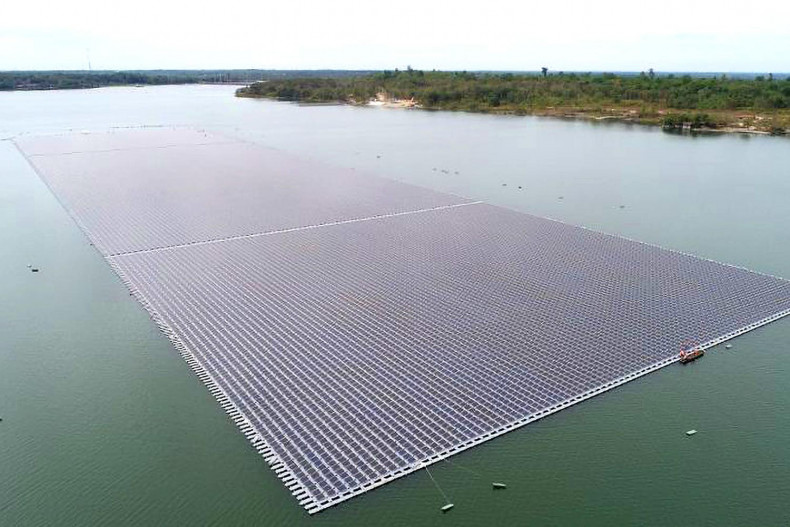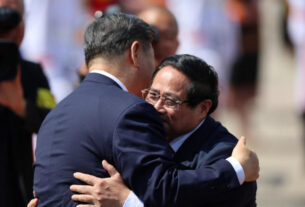
Thailand’s Renewables scheme targets new firms
The Energy Regulatory Commission (ERC) is encouraging companies not selected for power projects under its 5.2-gigawatt renewables scheme to participate in the second phase after the general election.
In the first phase, 175 companies were selected by the ERC. They include B.Grimm Power Plc, which announced it would join hands with Siam Cement Group (SCG), Thailand’s largest cement maker and industrial conglomerate, to develop solar farms.
Khomgrich Tantravanich, secretary-general of the ERC, said total electricity generation capacity in the second phase will be lower than the first phase.
Officials set a new capacity target of 3.6GW.
New projects are allowed for the development of on-ground solar farms and on-ground solar farms with energy storage systems (2,632 megawatts), wind power (1,000MW), biogas (335MW), and industrial waste-to-energy projects (30MW).
The ERC will use the same selection criteria and power tariff rates as in the first phase, said Mr Khomgrich.
The first phase drew massive interest from power companies, submitting proposals with a combined capacity of almost 17GW, exceeding the 5.2GW goal.
The 5.2GW capacity included bio-gas (335MW), wind power (1,500MW), on-ground solar farms (2,368MW), and on-ground solar farms with energy storage systems (1,000MW).
However, bidders failed to pass ERC investment criteria for biogas projects.
The ERC eventually selected 175 companies, which proposed projects with capacity of 4.852GW in total.
B.Grimm Power (BGRIM) had nine projects with a combined capacity of 339MW pass the criteria. The projects comprise eight solar farms and a wind farm with a capacity of 100MW.
Harald Link, president of BGRIM, said it plans to form a joint venture to develop four solar farms with SCG Cleanergy Co, the clean energy arm of SCG, which will make a 60% investment.
SCG announced earlier it aims to reduce greenhouse gas emissions by 20% by 2030 through various projects, including the use of biomass and refuse-derived fuels to replace coal in cement production.
BGRIM wants to achieve a net-zero target, a balance between greenhouse gas emissions and absorption, by 2050.
Gulf Energy Development, Thailand’s largest power producer by market value, commands the largest share of capacity in the renewables scheme, according to a source in the ERC.
Gulf’s 28 projects have a combined capacity of more than 2GW.
Other selected companies include Absolute Clean Energy Plc, with 112MW from 18 projects, Thai Solar Energy Plc, with 100MW from eight projects, and BCPG, the power generation arm of Bangchak Group, with 12MW from five projects.
Source: https://www.bangkokpost.com/business/2545541/renewables-scheme-targets-new-firms

